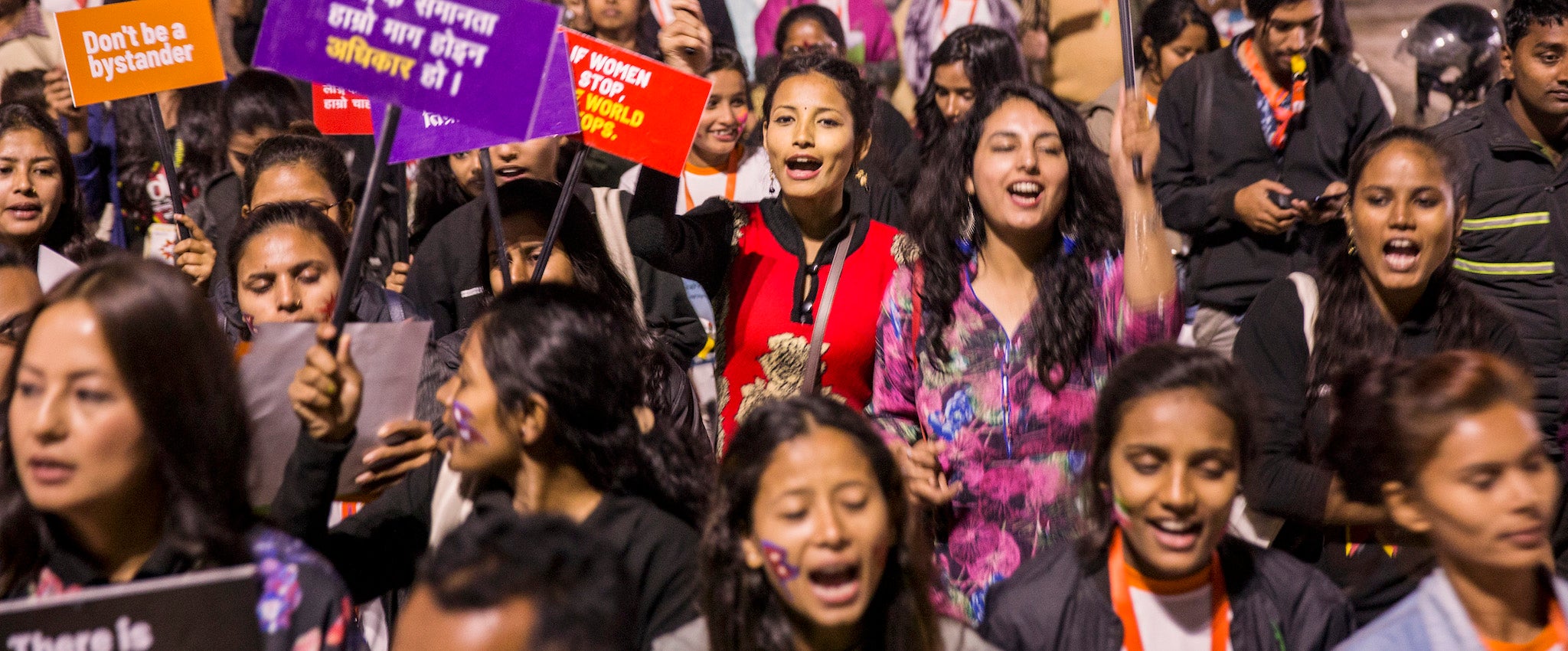In focus: Sustainable Development Goal 5
Achieving gender equality and empowering all women and girls

The Sustainable Development Agenda, adopted by UN Member States in 2015, set a 2030 deadline for the achievement of gender equality and the empowerment of all women and girls. Now, with under 10 years left to meet it, the world is not on track. Amid the intersecting crises of COVID-19, the climate emergency, and rising economic and political insecurity, progress on gender equality has not only failed to move forward but has begun to reverse. Around the world, a growing backlash against women’s rights is threatening even well-established freedoms and protections.
Without heightened commitment from the global community, gender equality will remain nothing more than an unrealized goal. The time to act and invest in women and girls is now.
Of women and girls aged 15-49, more than 1 in 10 (12.5%) were subjected to sexual and/or physical violence by an intimate partner in the last year.
To end child marriage by 2030, progress must be 17 times faster than it was over the last decade.
The achievement of gender equality is the fifth of 17 Sustainable Development Goals (SDGs) laid out in the Sustainable Development Agenda. Ten additional goals include gender-specific benchmarks, acknowledging the interconnection between women’s empowerment and a better future for all.
The latest data on progress towards gender equality across the SDGs, compiled in UN Women’s 2022 edition of our annual Gender Snapshot Report, reveals the inadequacy of present-day efforts. If change continues at its current rate, our analysis shows that gender equality will remain unrealized for centuries to come.
That’s where analysis is possible at all. Pervasive gaps in gender data pose a significant barrier to the evaluation of progress, with only 48% of data needed to monitor SDG5 currently available.








